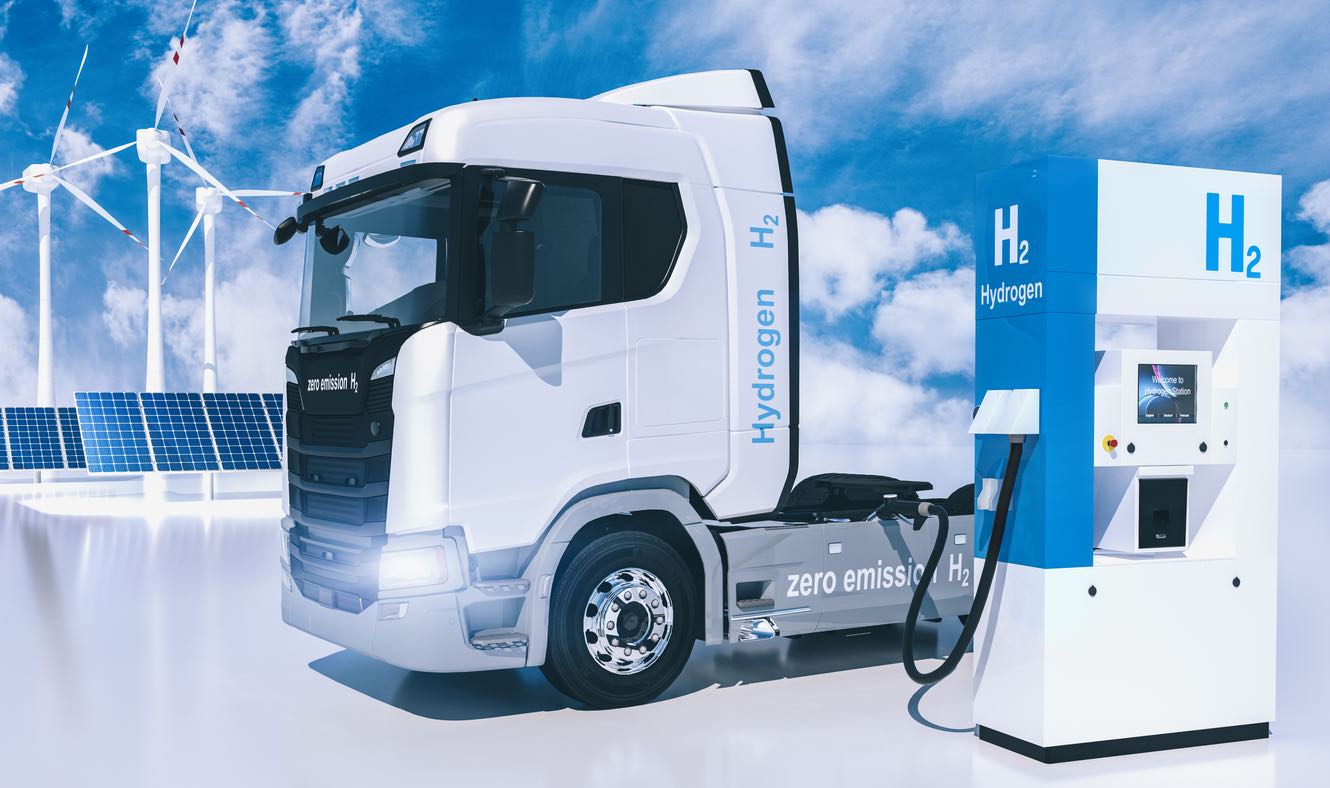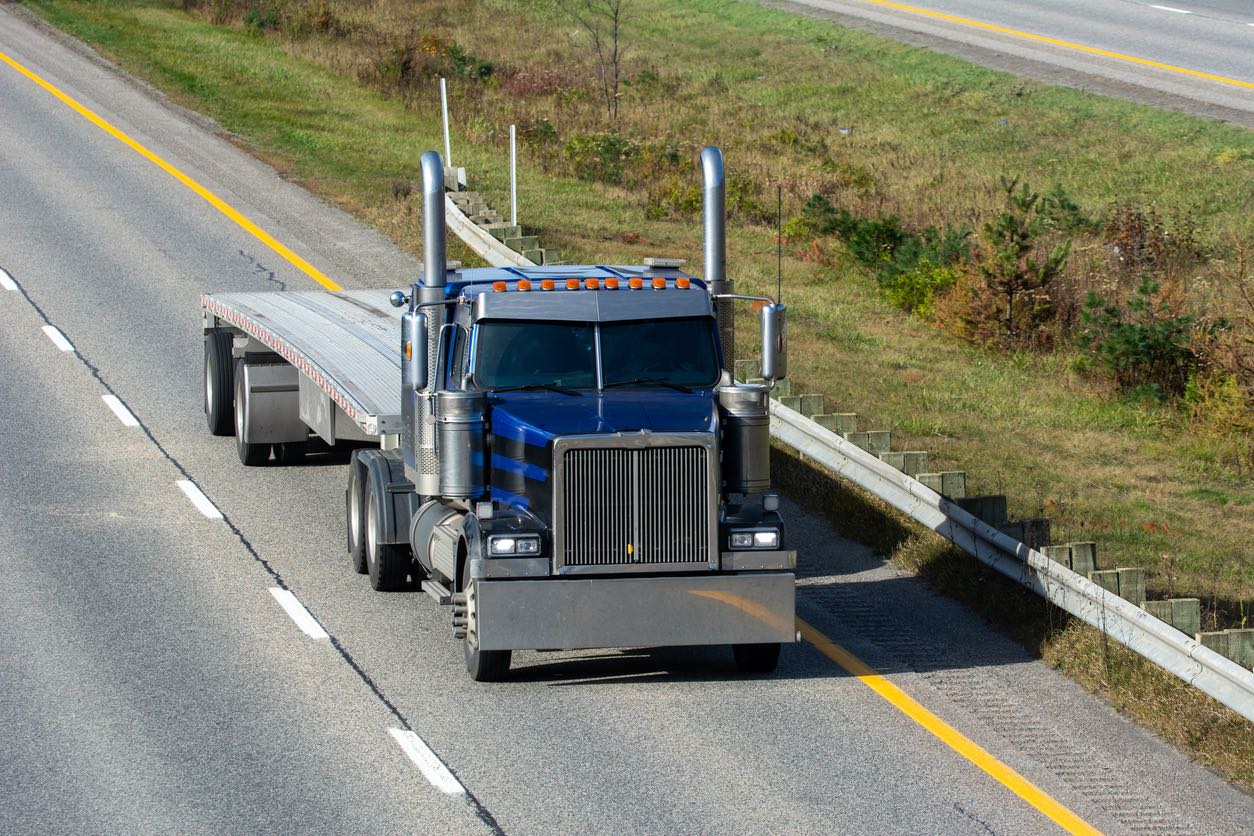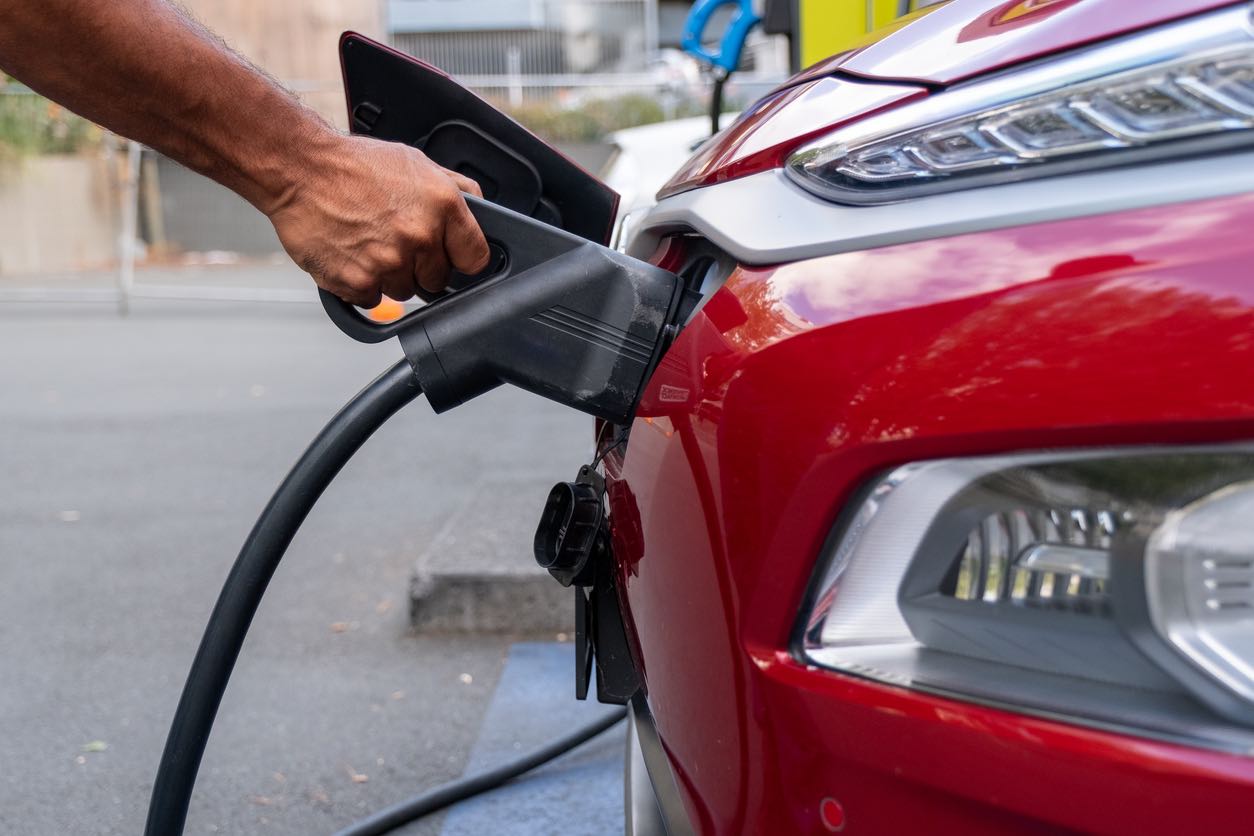
Myths vs Reality
Contrary to common opinion, internal combustion engines (ICE) are still very much alive and well. Industry veterans are spending time and money to revive the conventional piston engine despite the hype surrounding electric powertrains. The idea that the ICE is nearing the end may simply be a premature eulogy.

The Change Catalyst
The use of eco-friendly fuels is essential for revitalizing the ICE. These alternative fuels guarantee not only lower fleet operating costs but also a substantial decrease in greenhouse gas emissions. The additional benefit? With the aim of reducing major pollutants including NOx, particulates, and unburned hydrocarbons, these updated engines are well-positioned to easily fulfill the impending strict emission criteria. With a future that combines environmental responsibility and well-known technologies, the horizon appears bright.

The Change in Perspective
The difficulties with diesel engines, in the opinion of BJ Johnson, co-founder and CEO of ClearFlame Engine Technologies, are more due to the fuel than to the engine itself. Low-carbon fuels, many of which get their power straight from the sun, will be used in the engines of the future. This change offers a sustainable approach to energy use in addition to lowering the carbon impact. When opposed to conventional diesel, renewable natural gas, for instance, collects methane from sources including landfills and agriculture, resulting in a “carbon-negative” consequence.

Making History in the Future
The X15N will be introduced by Cummins, a pioneer in the world of power, in 2024. The company’s dedication to innovation is demonstrated by its spark-ignited natural gas engine. It will be the first in a line of engines built on the new fuel-agnostic architecture from Cummins, which places a focus on the utilization of replaceable components below the cylinder head. This strategy highlights the adaptability of the contemporary ICE while streamlining manufacture.

The internal combustion engine, which is a cornerstone of the automotive industry, is going through a revolution at the moment. As a result of the development of environmentally friendly technology and renewable energy sources, its prospects look brighter than they have in the past. When it comes to transferring these cutting-edge vehicles, Ship A Car, Inc. is the best auto shipping broker to choose since they ensure the transportation of these vehicles in a way that is safe, efficient, and dependable.
Q: What are the environmental benefits of using greener fuels in ICEs?
A: Greener fuels reduce greenhouse gas emissions, help meet stringent emission standards, and often result in a “carbon-negative” outcome compared to traditional fuels.
Q: How are companies like Cummins contributing to the future of ICEs?
A: Companies like Cummins are innovating by introducing engines that utilize low-carbon fuels and developing fuel-agnostic platforms for greater versatility and sustainability.




